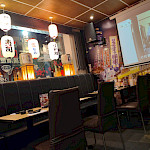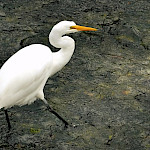3 Feb 2024
JETAA News
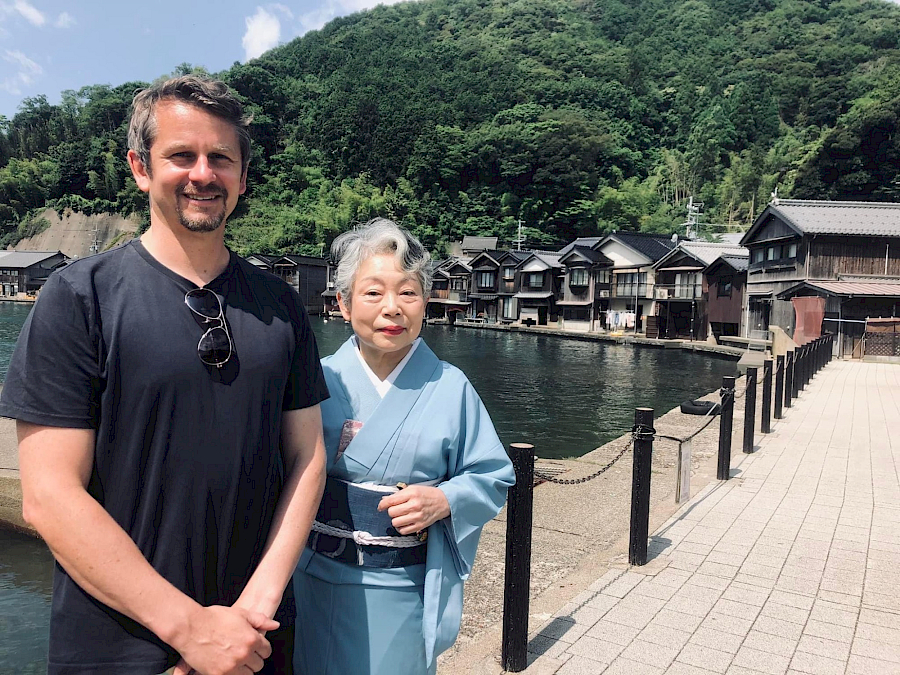
26th January 2024
JET Spotlight: Malcolm Wellby
Why did you decide to go on the JET programme, and where did you go?
I've done a course on East Asia as part of my year abroad at university and started getting interested in the region after that. After graduating, I did the EPIK programme in South Korea and while I quite liked that, I took a trip to Fukuoka over Christmas. While I was there I just fell in love with the place. After EPIK, I applied to JET and ended up staying five years. I was always planning to stay at least three; it was such a faff applying it seemed silly to leave quickly afterward, and I was pretty sure that I'd enjoy Japan.
I was placed in Fukui prefecture, in a fairly small fishing town on the coast. I was lucky enough to work at the same school for all five years. This meant I was able to develop relationships and a bit of
a continuity of process that kept the job interesting for me and allowed me to develop.
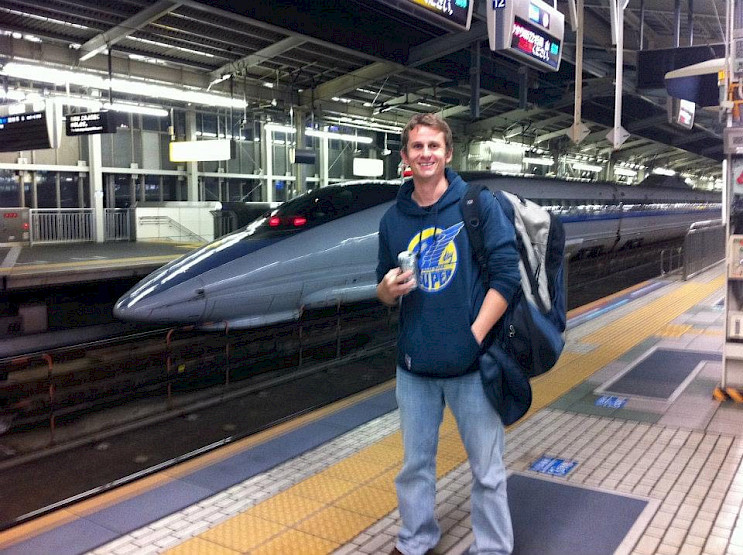
What is your best JET memory?
Goodness, what a question. I think it's some combination of the satisfaction I remember getting when I started to get the hang of teaching. I felt like I was contributing something! I wish I could advance it that it was seeing the sunrise from the top of mount Fuji, but as others on the ill-fated 2011 Fukui F-JET ascent will testify, that was a memory denied to us.
How did your career progress after finishing JET?
I prepared quite well for leaving JET. I had gotten a teacher training course lined up at a good school back in the UK that allowed me to complete a PGCE at the same time as teaching "for real". I was well aware the transition from JET can be very difficult, and I thought that mitigated against this as well as I could.
Teaching was great, and I learned an incredible amount in those two years; I decided it wasn't for me, and so two years after leaving JET, I feel I had the same existential crisis that many get leaving the programme- I'd just delayed it a little! After a bit of a break, I got a job as a Japan specialist with a travel company in London.
I'd really enjoyed showing friends and family around Japan when they'd come and visited me during my time there. I always felt that my ability to 'sell' boring stuff in the classroom to kids was one of the things I was better at in teaching. The tough bit, though, was the transition. I wanted to do something other than education, and it is tough to get people to take a punt on you when you don't have demonstrated experience in that field. I found an organised approach really helped me- I think I used a book called the four-hour job search or something like that-which helps measure the inputs you are making, rather than getting hung up on the outputs. While at the time this was very frustrating, in hindsight, I think it was very useful, and I think I'm much happier doing what I'm doing now, having had a lot of looks a lot of interviews in other sectors and businesses.
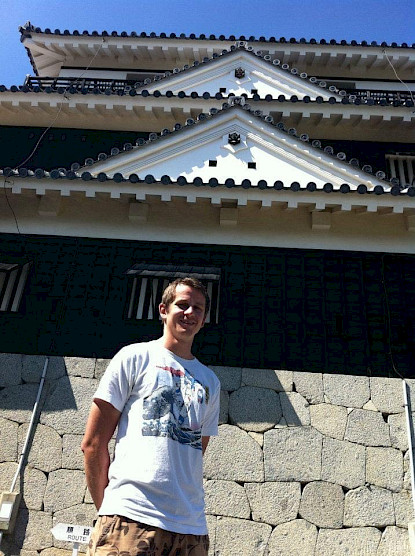
What skills did you bring from JET to your current position?
The firsthand knowledge of Japan, it's geography, and its language that I got through JET absolutely sets me apart from my competitors. In addition, I think lived experience of Japanese culture in terms of organisations and businesses, and of course all of us JETs have that in spades, having navigated the vagaries of the shokuinshitsu (staff room) is a sneaky big one as well. I enjoy networking, and the Japan specialist world, at least here in the UK, is not a large one, and so many have JET experience, I feel that's been quite useful too. ( I'm not quite sure that this is a skill, but it's certainly something I've brought with me from JET.)
Which is more useful, your knowledge of Japanese culture, geography or language?
As much time as I've put into studying the Japanese language, it pains me to say that, in my current role, knowledge of the country's culture and geography is more useful. Proficiency in Japanese does sometimes come in handy, and I certainly feel can differentiate you from a competitor, but it's not essential. One of the things that infuses me about my role however, is that it involves learning a whole new set of moves and skills to those that I developed on JET. My boss is not going to care what my JLPT score was if I don't bring in any sales this month, or fail to negotiate preferable rates with a Japanese supplier. There are so many interesting things to learn about the world of sales and client management. After seven years of worrying about Wa and Ga, it was very stimulating to tackle something new.
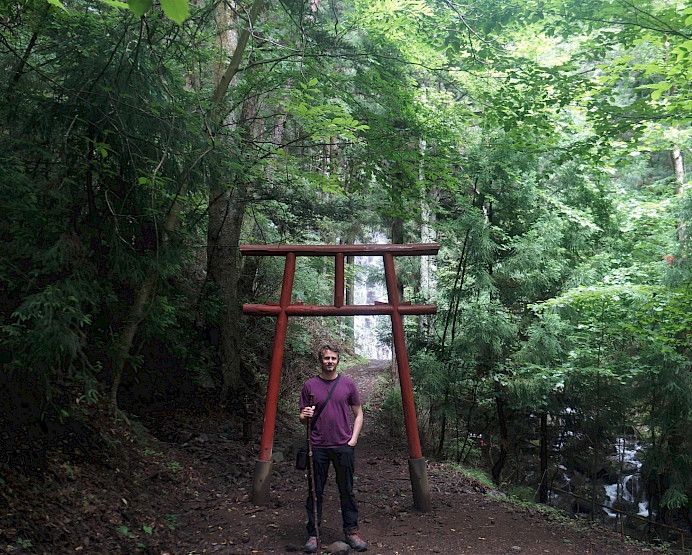
Any advice for JETs who feel that they want to get into the travel industry? How might being a JET be an advantage?
Don't be a stranger. I reached out to JET alums that I was aware of in the travel industry when I started out, and I would encourage people to do the same. You can't predict people's responses, but it's such an obvious starting point. Connected to this, and certainly not just specific to the travel industry, I would really recommend returning jets do as many informational interviews as possible. These will allow you to make a more informed decision about what's next, and if you get good at them, can be a fun experience for both parties. Organisations always love to encounter good people so go into it with an open mind; you may have something to offer them.







